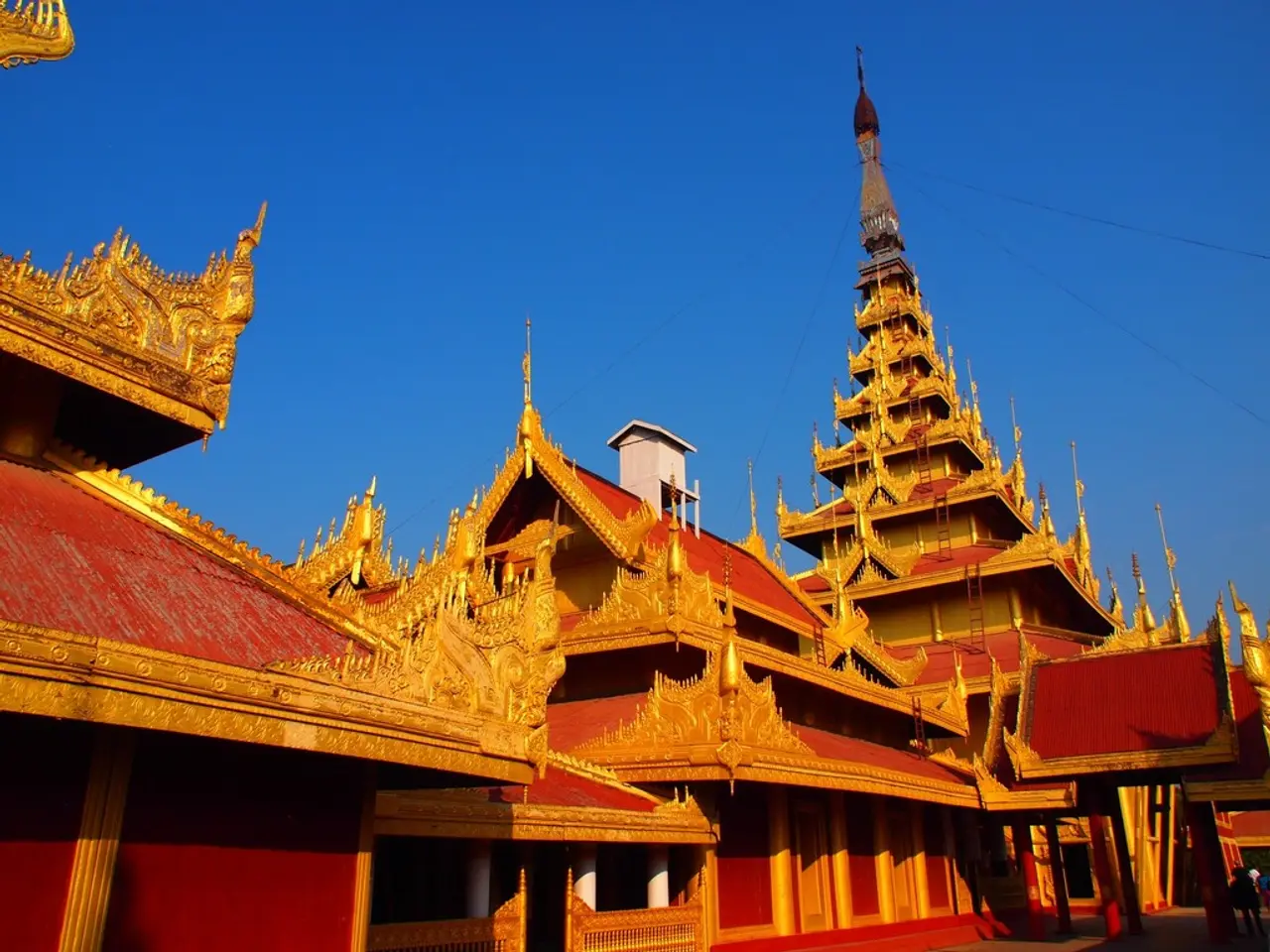Judicial vacancy persists at the highest level in Malaysia, as rulers refrain from appointing new justices.
Following the recent three-day Conference of Rulers meeting in Malaysia, no new appointments were made for the positions of Chief Justice, President of the Court of Appeal, Chief Judge of Sabah and Sarawak, and senior judges. The meeting, which took place on the second day of the conference, discussed these appointments extensively, but the national palace did not confirm any decisions, thereby extending the current leadership vacuum in the judiciary.
Prime Minister Anwar Ibrahim had earlier anticipated the announcement of new top judicial appointments, aiming to dispel negative public perceptions about judicial independence and alleged executive interference. However, the Conference of Rulers concluded its sessions without naming any new senior judges, prolonging concerns about delay and transparency in judicial appointments.
The discussions during the meeting included candidates and controversies, such as the deadlock in the Judicial Appointments Commission (JAC) vote over candidates for Chief Judge of Malaya, reflecting internal disagreements and concerns over conduct and interference allegations. Senior lawyers have speculated potential appointments, but no formal decisions followed the Conference meeting to resolve the matter.
The Conference of Rulers is a gathering of the country's nine royal houses, where they discuss current affairs and issues of public interest. The meeting typically takes place three times a year, and this time, the appointments being considered were senior judges at the federal, appellate, and high courts, in addition to the chief justice, president of the court of appeal, and chief judges of Sabah and Sarawak.
The delay in the appointments has caused a continued leadership vacuum in the judiciary, affecting public trust. Prime Minister Anwar Ibrahim publicly affirmed his commitment to judicial independence and denied interfering in appointments or cases but acknowledged delays and concerns.
Thus, the current status remains that the appointments for these top judicial positions remain unfilled, pending future decisions by the Conference of Rulers. The national palace did not indicate if any decisions were made during the recent meeting. The public will await further updates on these critical appointments.
[1] The Star Online. (2023). No new appointments announced after Conference of Rulers. Retrieved from https://www.thestar.com.my/news/nation/2023/03/21/no-new-appointments-announced-after-conference-of-rulers
[2] Malay Mail. (2023). Anwar expects judicial appointments soon, says delay not due to 'political interference'. Retrieved from https://www.malaymail.com/news/malaysia/2023/03/21/anwar-expects-judicial-appointments-soon-says-delay-not-due-to-political-interference/2114051
[3] Free Malaysia Today. (2023). Judicial appointments: Controversies and controversies. Retrieved from https://www.freemalaysiatoday.com/category/nation/2023/03/21/judicial-appointments-controversies-and-controversies/
[4] New Straits Times. (2023). No new appointments announced after Conference of Rulers. Retrieved from https://www.nst.com.my/news/nation/2023/03/788916/no-new-appointments-announced-after-conference-rulers
- The discussions surrounding the delay in the top judicial appointments have raised questions about policy-and-legislation concerning the selection process, as political interference allegations persist.
- The failure to announce new appointments during the Conference of Rulers meeting has brought general-news focus on the politics ofjudicial appointments, with concerns persisting over transparency and independence in the judiciary.








